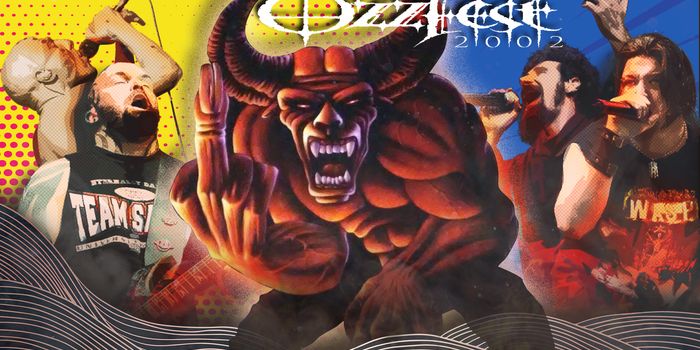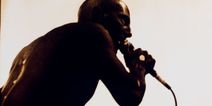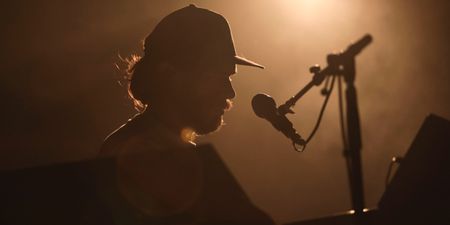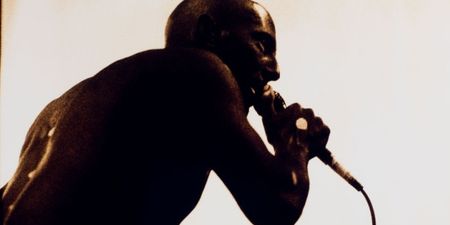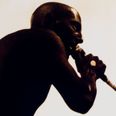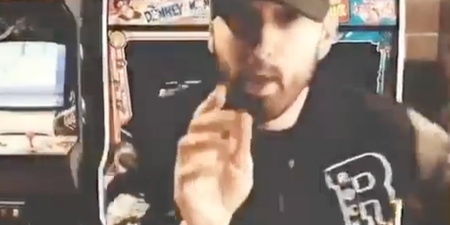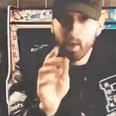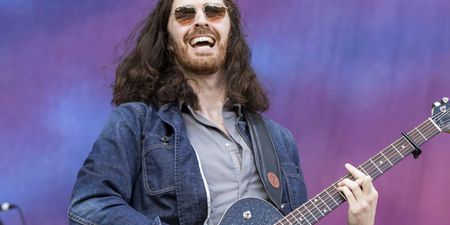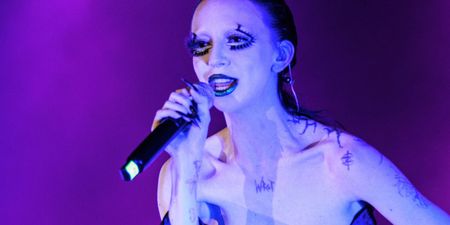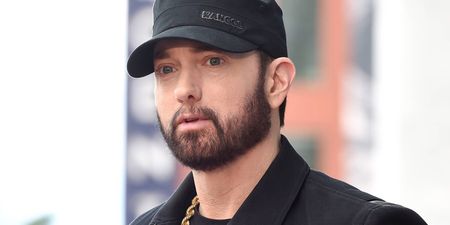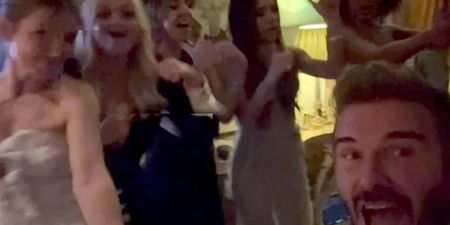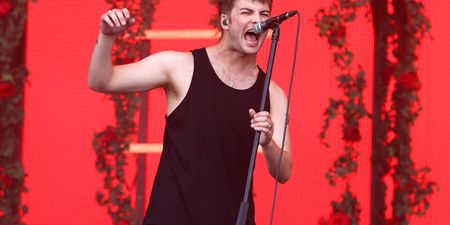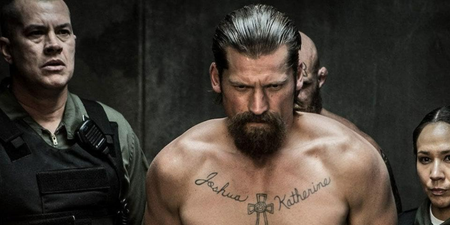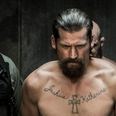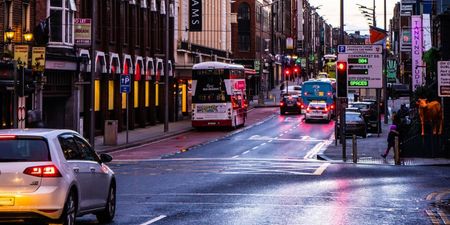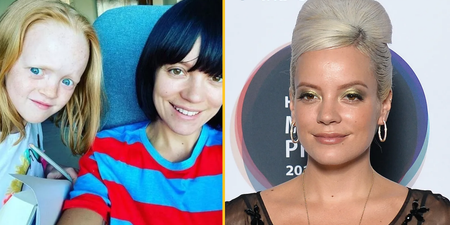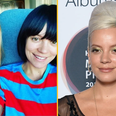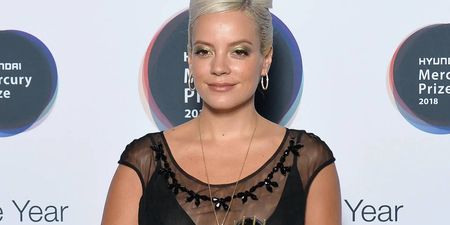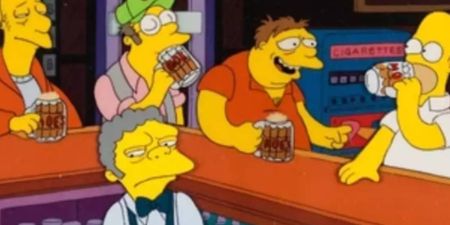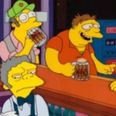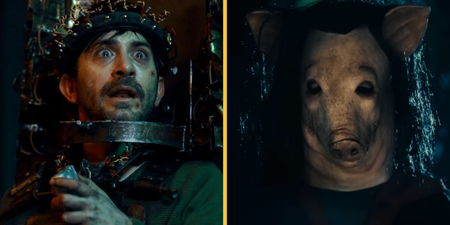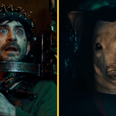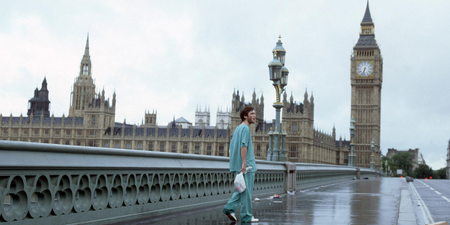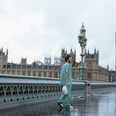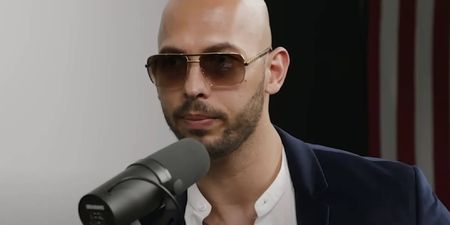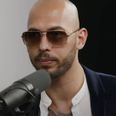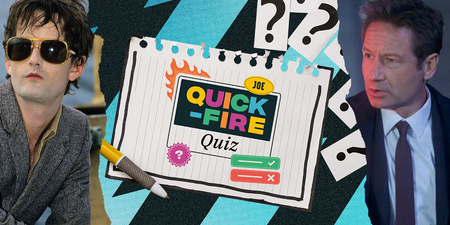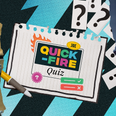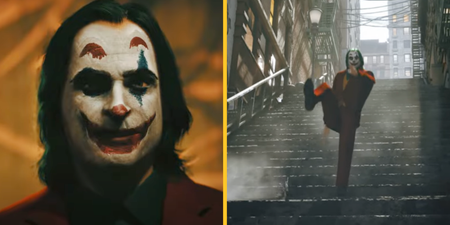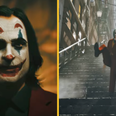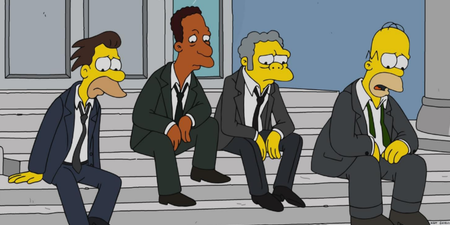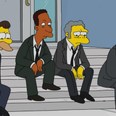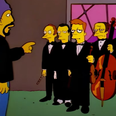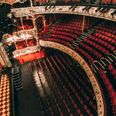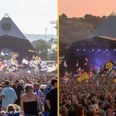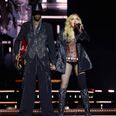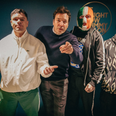An absent headliner. A day of distortion. A paradise of noise. 20 years on from Ozzfest’s one-and-done Irish leg, please sir, can we have some more?
Last days of May 2002 and I’m on a bus hurtling from Drogheda to Punchestown, surrounded by a cohort of like-minded souls all clad in black, the rare burst of colour identified by whatever blood-red album art adorns cheap cotton patchwork.
I recognise a lot of these faces from around town, many of them older than my teenage self, but today we’re all on this mission together, a gang of misunderstood brutes united against the world, ready to unleash our ceaseless collective angst in a vivid flurry of expression the likes of which haven’t been seen sin– hang on, is that ‘Just Like a Pill’ by Pink playing on the radio?
It is, you know. One beautiful spontaneous moment later and everyone, front to back, is belting out the chorus, running as fast as we can, to the middle of nowhere, to the middle of our frustrated fears. And I swear, dear reader, you really had to be there.
You can find these odd tender moments of communion at metal shows. You might make a new best friend for about two hours total. You can also be met with a suspicious look by grizzled veterans in greying Slayer t-shirts that tells you these lads might not be so quick to help you up if and when the mosh pit overwhelms. Swings and roundabouts in the trenches, as it were.
Generally, this writer has enjoyed a warm time of having the shit kicked out of him at the more rambunctious gigs over the years, from dreadlocked hair peppered with steel decorations whipping back into my face at Slipknot to basically inviting the guys in Converge to step all over my hands by holding their monitor amps in place – a guy stage-dived back-first onto my head during that same performance, it’s a wonder my neck didn’t go full Looney Tunes accordion – to the numerous times Greg Puciato and his Converse runners whizzed by my eyes on the three glorious occasions I caught The Dillinger Escape Plan live prior to their demise.
Sure, these days I prefer to watch other people ‘Jumpthafuckup!’ when Corey Taylor strategically arranges them to do so, but I’ve earned my stripes and I loved every second of it. Know what else I loved? Ireland’s one-and-only incarnation of Ozzy Osbourne’s travelling alternative music circus on Sunday 26 May, 2002.
A date that lives in infamy for thousands of Irish metalheads. For it was on this day that Ozzfest was unleashed on these shores for the first – and last – time. An event so momentous that Osbourne, due to top the entire bill, failed to turn up. An occasion that lifted your favourite bands from the pages of Kerrang! Magazine to a handful of feet from your awestruck eyes and ears. But wait, what was that about the eponymous headliner phoning in sick?
“The main thing that comes to mind is the fact that Ozzy didn’t do his show!” recalls Therapy? bassist Michael McKeegan when JOE asks about his memories of the day.
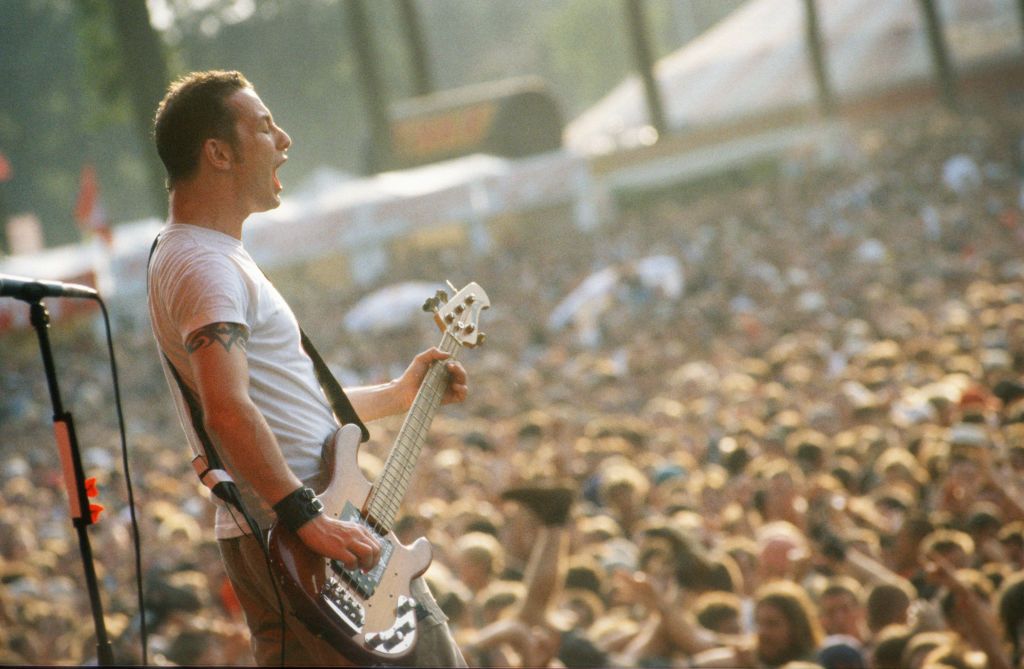
Therapy? bassist Michael McKeegan onstage at Pukkelpop, Belgium (2000)
Indeed. In a pre-Twitter age, this writer remembers the news filtering through the old-fashioned way – people passing the information down the line in an ever-stretching queue on the way in. That, and event staff punching a hole in your ticket that granted free access to an upcoming gig, options ranging from Bryan Adams to Meat Loaf to Santana and UB40 to Paul Weller. I wound up trading that coupon with a mate for a copy of Medal of Honour: Frontline on the PlayStation 2. Ozzy was never really my bag, anyway, so a decent result, all in all.
Why did the patriarch of a new-at-the-time wacky MTV reality show leave us in the lurch? According to reports, freezing winds at the UK equivalent event the night before played havoc with Osbourne’s immune system, generating a throat infection, and he thusly rested up on medical advice.
Ozzy’s cancellation made headlines, of course. RTÉ News led with the short-and-sharp ‘Ozzy too cold for Irish Ozzfest‘, the BBC mused that the Black Sabbath icon was “frozen out” of his own festival, while the Irish Independent reported back on standout acts like ‘Flayer’ and ‘Lost Profits’, whoever they were.
“Most of the pale-faced young Goths chose to just get on with the head-banging,” noted that last write-up. And how! The mood on the ground following the Ozzy news felt more like bemusement than disappointment. There was still so much promised beyond the security barrier; paradise for those with a Metal Hammer subscription.
A trip to my memory palace tells me that Drowning Pool were decent, with frontman Dave Williams – who would sadly pass away suddenly three months later while on tour at just 30 years of age – giving a spirited performance in a bid to immediately steal the show. Lostprophets – a name we don’t really drop anymore for obvious reasons – were largely booed and shunned, but hey, fair play to their guitarist for playing the opening chords to Tool’s ‘Schism’ in response – that’s pretty impressive trolling. Ill Niño got the biggest reaction early doors, whipping up circle pits as ‘If You Still Hate Me’ struck the sky – though I’m still convinced their capoeira enthusiast guitarist didn’t actually have his instrument plugged in.
Main draws Slayer and System of a Down delivered accordingly, with an actual outburst from the heavens arriving during ‘Raining Blood’ – the metal gods are as powerful as they are mysterious – and a certain union offering a particularly juicy hook for even the most seasoned of head-bangers – and their heroes.
“Slayer’s set was predictably killer and one cool thing was Dave Lombardo joining System of a Down for a song – he was about twice as loud as the SOAD drummer!” grins McKeegan, who, alongside his Therapy? comrades, made up one of a select few homegrown acts called upon to transform an overcast Sunday into a thunderous church of noise.
“I think we only found out when we were onsite on the day that Ozzy cancelled due to his throat issue,” says McKeegan. “Which was of course a huge pity as there were a lot of people looking forward to seeing him, myself included. We’d done quite a few gigs with Ozzy at the end of the ’90s and the crew had always looked after us great so we’d been looking forward to seeing them all again.
“It was a good vibe backstage, also in the crowd and our set went great. It’s bittersweet looking back as it was the last show Keith Baxter played with us – he stood in on drums for a few festivals that year – before he sadly passed away in 2008.”
Another Irish act that got the chance to shine; Cork alt-rock group Cyclefly, who also played the UK leg of Ozzfest in Donnington Park 24 hours previous. Steady hands on the alternative festival circuit, they even pitched up at the notorious Woodstock ‘99, narrowly missing out on the more ugly carnage there.
Punchestown was a bit more civilised, thankfully, with Cyclefly given the opportunity to set the tone on the main stage. Going on early at any gig as people file in can be something of a poisoned chalice, but the band gave it everything they had, nonetheless.
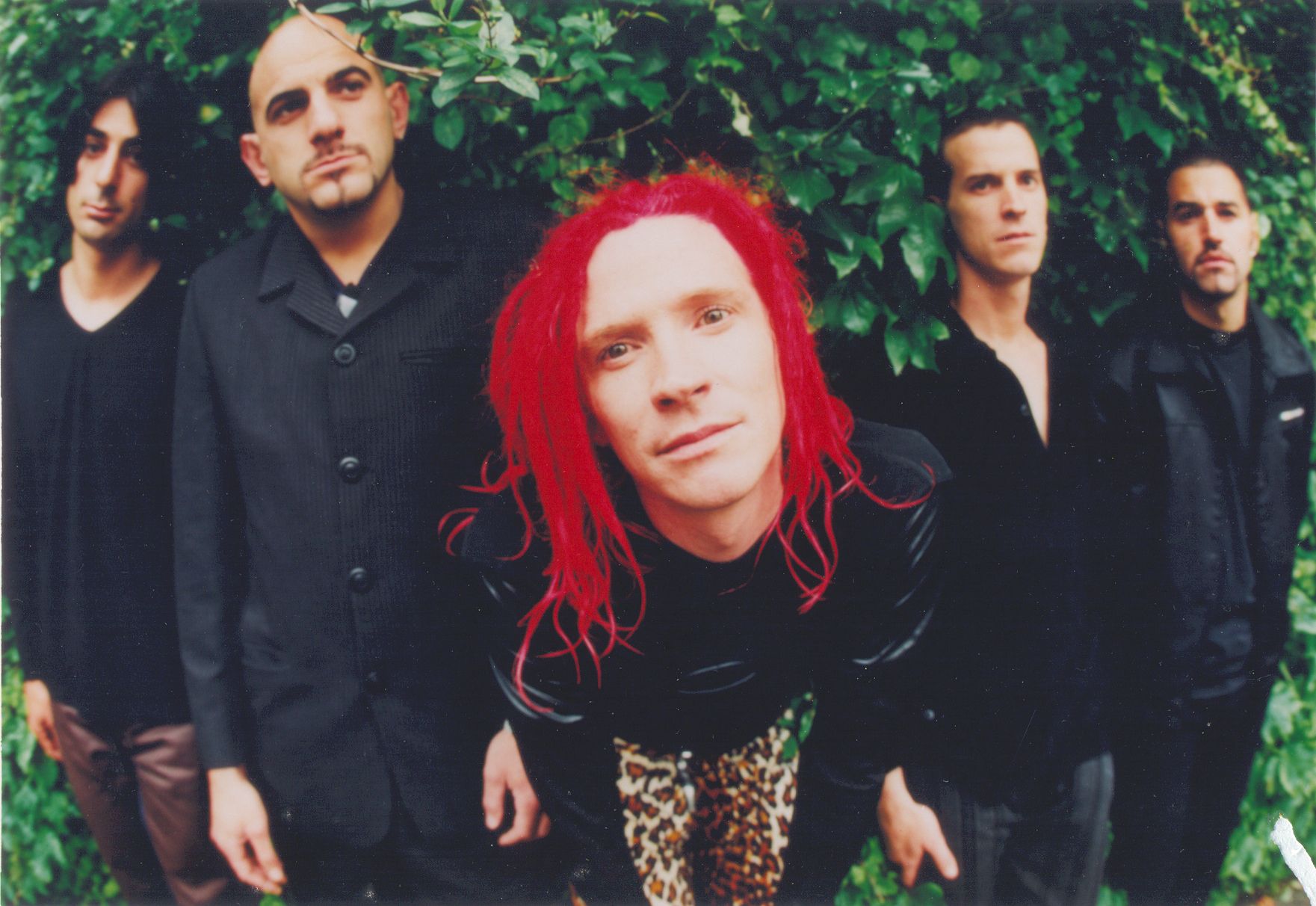
Cyclefly in their heyday, Declan O’Shea front and centre. Image via PEROU
“It was still bright anyway,” remembers frontman Declan O’Shea, clad in a Black Sabbath t-shirt though no longer sporting his turn-of-the-century signature blood-red mane. “It was just cool to be there. I remember trying to jump off the stage and there was a long drop – but I did it. It was fine until I was like, ‘Fuck, how am I going to get back up here now?!’. It wasn’t like all the club shows where you can go flying.
“Our market at the time was the UK, mainly, and the States,” O’Shea says, mentioning support slots for the likes of Bush and Iggy Pop. “We’d done ‘toilet tours’ all over England all the way up until it got bigger and better. We played Reading and Leeds, lots of Kerrang! stuff, all that kind of thing. Ozzfest was brilliant because I loved all of those bands. We grew up as fans of all of that music, just non-stop. I think the best period of music was the ‘90s and the early 2000s. It was fucking great. It’s after dive-bombing now into crap!
“We watched everyone at Ozzfest,” O’Shea continues. “We went back, celebrated for a bit and stuck around. Our tour bus was there and our driver kept wanting to go and drop us back to Midleton but we were staying until the end. First of all, I wanted to see System of a Down but we just watched everyone from the crowd, having pints with people.”
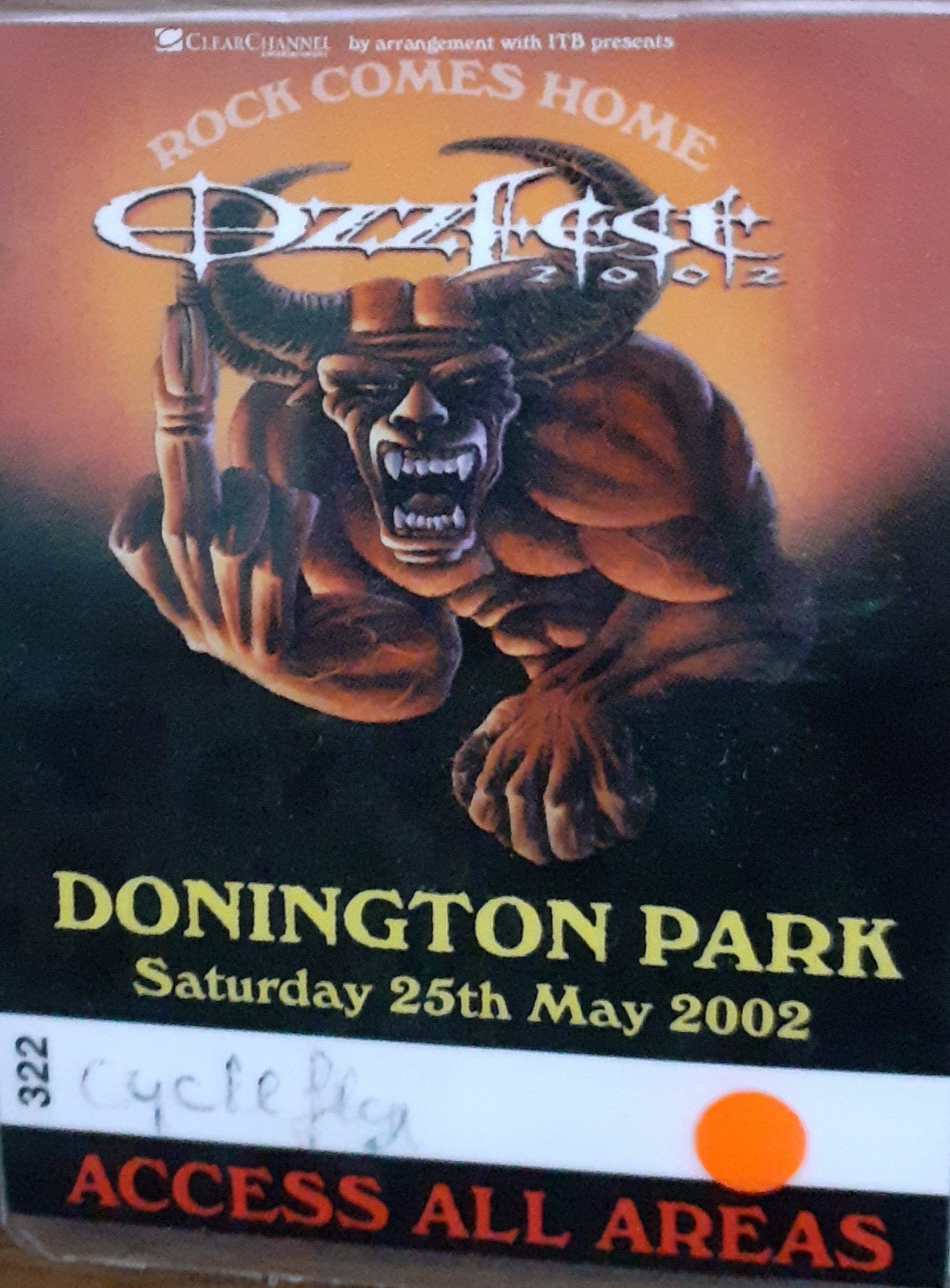
Also enjoying a beer or two – your humble metal correspondent, who bounced between the two stages available throughout the day. Outdoor’s main arena played host to aforementioned star attractions like Drowning Pool, Lostprophets, Ill Niño, Slayer, System of a Down and bumped up to last-minute headliners Tool, while the indoor option – which resembled something akin to a small aircraft hangar – housed the likes of Hell is For Heroes, Otep, Kittie, Mushroomhead and American Head Charge.
Truthfully? This writer had more fun at the second stage. Sure, the overall sound mix was far from ideal but this was ultimately a depressingly rare chance to catch the names above on home soil. We won’t talk about that time I ventured to the Temple Bar Music Centre to see Mushroomhead only to encounter a note on the door explaining that the band cancelled mere hours before the show, and for them never to return to Ireland again. It’s genuinely still too painful.
Getting to experience songs like ‘Solitaire Unravelling’ and Hell is for Heroes’ ‘I Can Climb Mountains’ and Kittie’s ‘Brackish’ and American Head Charge’s towering ‘Just So You Know’ – in my personal top 10 favourite songs of all time, by anyone, in any genre, for the record – up close and in-person? Are you kidding me? This was a passport to a world that just didn’t feel like it really existed in Ireland.
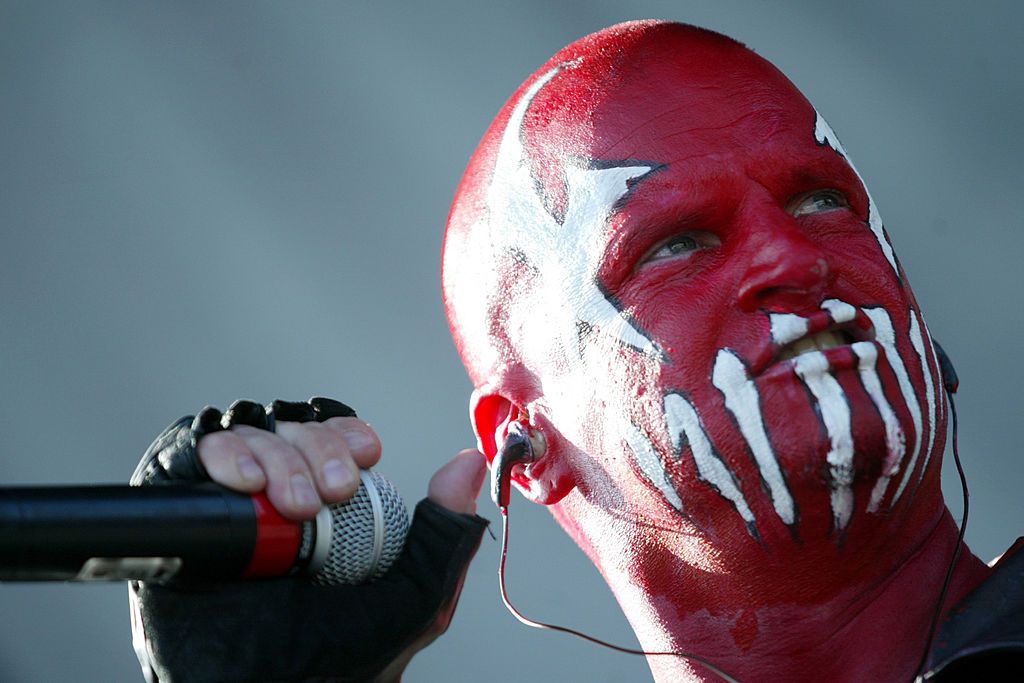
Mushroomhead’s Jeffrey Nothing strikes a pose at the San Francisco leg of the Ozzfest tour
Oftentimes, metal and alternative music have felt like something of endangered genres here. Slipknot had to make their Irish debut in Belfast in 2002 as opposed to Dublin years prior after the National Parents Council objected to their seemingly Satanic overtones, or so goes the urban legend.
2001’s Tattoo the Planet tour visited Dublin, though the events of 9/11 meant that some acts either could not or did not travel. Arguably totally understandable given the circumstances, but another high-profile bump in the road for alternative music’s box office position in Ireland. And though a Metallica show in the RDS in 2006 morphed into a Download-affiliated event with two stages ala Ozzfest, it all felt a bit bolted-on.
Some distorted light at the end of the tunnel emerged in 2019 when concert behemoth MCD announced the resurrection of the Sunstroke Festival, a bash not seen in Dublin since the early ’90s. Faith No More and Deftones were slotted as headliners for the two-day event, set to take place at Punchestown Racecourse. Names like Gojira, Mastodon, Sepultura and Refused adorned the poster. Finally, metalheads were being properly catered for again.
Cue the Covid-19 pandemic and the long, painful hiatus of live events. As of May 2022, the status of Sunstroke is unclear – a case of ‘watch this space’ for now. In the meantime, let’s ask a perhaps rhetorical question – has the music industry in Ireland done enough for alternative acts in the years since Ozzfest came here, or even before?
“My take is that ‘alternative/punk/metal’ isn’t really very well represented at the larger Irish festivals but there are some cool, smaller niche ones that have eclectic line ups,” says Therapy?’s Michael McKeegan.
“I think maybe in Ireland, and the UK, bills can be a bit predictable and safe. There’s only so many of the older big rock festival headliners around so maybe a focus on nurturing the next generations of headliners is due. We do a lot of European festivals and there’s definitely a market for it – Groezrock, Hellfest, Wacken – right down to smaller ‘local’ festivals which always have good mixed bills and people turn out for them.
“I’m probably not the best person to answer a ‘state of the industry’ question but I think a good starting point would be to pay and treat bands fairly for gigs and festivals, and to try for some proper funding to be pumped into these events. We’ve seen a lot of changes over the years and you have to move with the changes and try and work out a way how can do your own thing and keep your artistic vision intact. Not always easy!”
Cyclefly’s Declan O’Shea, meanwhile, echoes these sentiments. Ask him if the industry in Ireland is doing enough for alternative artists and the response is as fast as it is forthright.
“No. It never did. Obviously, Ireland is a small country and the budgets probably come from the UK and the States but major labels are a dead thing now. There’s a few of them but it’s not like before when you had loads of offshoots. Back in the early days of Cyclefly, myself and our drummer would knock on the doors of every label in Dublin trying to get a deal. And then what you found out afterwards was that it just wasn’t there.
“I think we had Beggars Banquet come to see us but the minute we went to England, it only took a few weeks and we were offered a record deal. Whereas here, it was two years up and down the country trying to get something tangible. We had to leave.”
Cyclefly’s relocation and persistence paid off, leading to two well-received of-the-era albums in the form of 1999’s Generation Sap and 2002’s Crave, the latter of which featuring a superstar guest in the form of Linkin Park vocalist Chester Bennington.
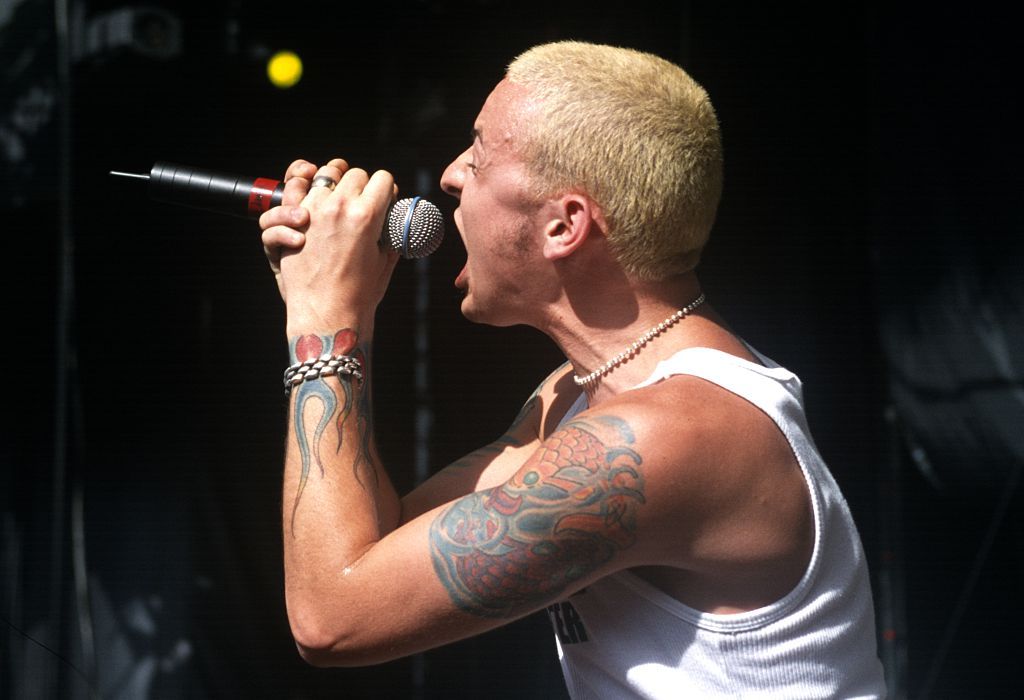
Chester Bennington screams his heart out at Ozzfest California (2001)
“He was a fantastic fellow,” says O’Shea. “It was tragic [Bennington’s death in 2017]. We met on Generation Sap, when we were doing that album, I’d say it was probably 2000. He was a fan of Cyclefly and the album. His wife at the time, Samantha, she got in contact with me.
“We were playing in a theatre in Los Angeles, The Mayan, a really cool venue, and he came with Samantha, so we hooked up. We were playing a few shows and we really started meeting each other and we played some other shows in LA and he came on his own to see us, and we were hanging out. It clicked from there. I don’t know what it was, we just got on really well. And we were always in touch for years after that.
“When we were recording Crave, Linkin Park was starting to become big then. We had heard the first cut of their album and I asked would he sing on one of our tracks. He said no problem. We went out to LA and met him and hung out and we remained friends for years until that [his death] happened. It was tragic. Depression is a bad thing. He was really down to earth, really lovely. I suppose some of the most gentle of us, that’s the problem.”
Cyclefly’s moment in the nu-metal sun would burn out in 2003. O’Shea, these days making music with alt/indie collective Mako DC alongside fellow former Cyclefly man Christian Montagne, looks back with something of a bittersweet affinity.
“It’s really hard work,” he nods. “We used to rehearse every day down in my brother’s garage and we’re all deaf now from it. Every single day. And that’s all we wanted to do. We were writing constantly. Even when you sign to major labels, they work you hard. You’re touring non-stop. But we loved it. It’s what we wanted but it isn’t easy.
“The band split up, members left. And it was probably at a bad time, too. We were filling venues. Rock and roll is like a marriage, I suppose, between how many people… sometimes it goes sour in ways. But we’re all friends, still. People moved on but everyone kept on playing music. Nobody stopped!”
Also not stopping any time soon – Therapy?, in the midst of a European tour when JOE comes calling about a once-off festival from 20 years ago. Ask Michael McKeegan to curate his own Irish-based modern-day alternative live event and he rattles off the likes of Cherym, James and the Cold Gun, The Stranglers, The Jesus Lizard, Killing Joke, The Prodigy, Clutch – and an Aphex Twin DJ set to finish, naturally.
“There has to be more of this,” says Declan O’Shea. “It has to come back again. Even for venues. Big crowds are drawn by this kind of music and the fans are really dedicated so it is something that needs to be pushed. It’s mad that it isn’t. There is an audience for it, without a doubt.
“We would be playing all the time if there was more of an opportunity. We do an acoustic show with Mako DC at the moment because that’s more accessible in Ireland. It’s not the same. Push those types of bands more, that’s it.”
LISTEN: You Must Be Jokin’ with Aideen McQueen – Faith healers, Coolock craic and Gigging as Gaeilge
